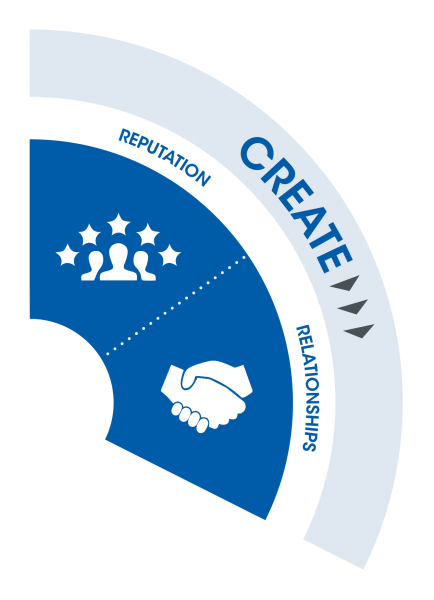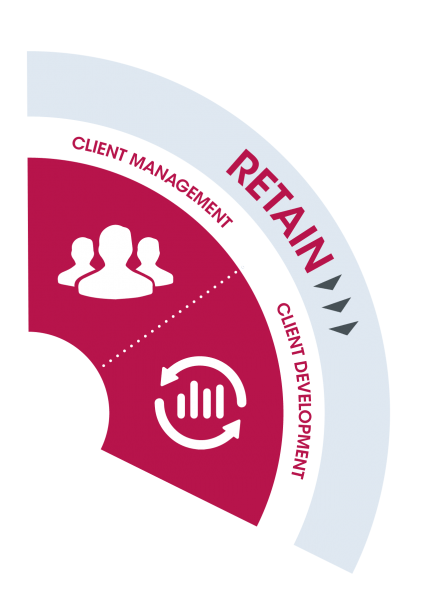Business Development TrainingReaping success from business development is something that takes ongoing focus and commitment. Training overview Our training covers a range of topics that are important to those starting out in business development as well as the more...
Selling Skills Training
Espresso Shot Learning Webinars
Espresso Shot Learning Our Espresso Shot Learning sessions are punchy and effective 30 minute webinars, specifically designed to deliver your team the key points and latest thinking in Business Development and Client Relationship Management. These bite sized learning...
Cross Selling: how to achieve growth by cross selling in professional services
‘Cross-Selling’ is the key to smart business growth but why is it so difficult? Questas CEO & Founder, Gary Williams reveals how to overcome the barriers and generate significant opportunities from existing clients.What is cross selling? Cross-selling is best...
Cross-selling skills
Cross Selling Skills There has to be added value for the client to buy additional services from you. If they already buy that second service from an alternative provider, you must clearly ’sell’ the benefit of them buying both services from you. Course overview By...
Negotiation Skills
Negotiation Skills Everything is negotiable. Whether or not the negotiation is easy is another matter, but the first step is always communication. Course overview This course is designed to take you through the theory and practice of ‘Principled Negotiation’. It...
Presentation and Pitching Skills
Presentation and Pitching Skills Presenting, especially a pitch, can be a very pressured situation and it is normal to feel anxious. Learning visualisation skills to cope with ‘what if’ scenarios leaves headspace to generate a successful outcome. Course overview The...
Sales Conversations For Non-Sales People
Sales Conversation Skills We help technical people feel comfortable with the idea of selling – demonstrating that it is not some sort of ‘dark art’ – which can make a radical change to the dialogue they have with existing and potential clients. Course overview Our...
Six ways to use EQ – or Emotional Intelligence – to win more work
In this RICS article, Gary Williams of Questas, discusses EQ, or Emotional Intelligence, and how it can help you get the edge over your competitors. Embrace the human side of business relationships and you will be more confident with clients, more effective with sales...
Sales secrets of high growth companies
Gary Williams looks at the impact of investing in sales ability Winning more than your fair share of the ‘pie’ A recent McKinsey article focused on the ‘Sales secrets of high-growth companies’. It wasn’t focused on any particular sector, but when thinking...
Transforming your sales programme
This article originally appeared in the October 2017 edition of Pi magazine, published by Howden Insurance Brokers Is it time your team changed its approach to sales? Read on to discover some practical advice about transforming your sales programme and making...
















